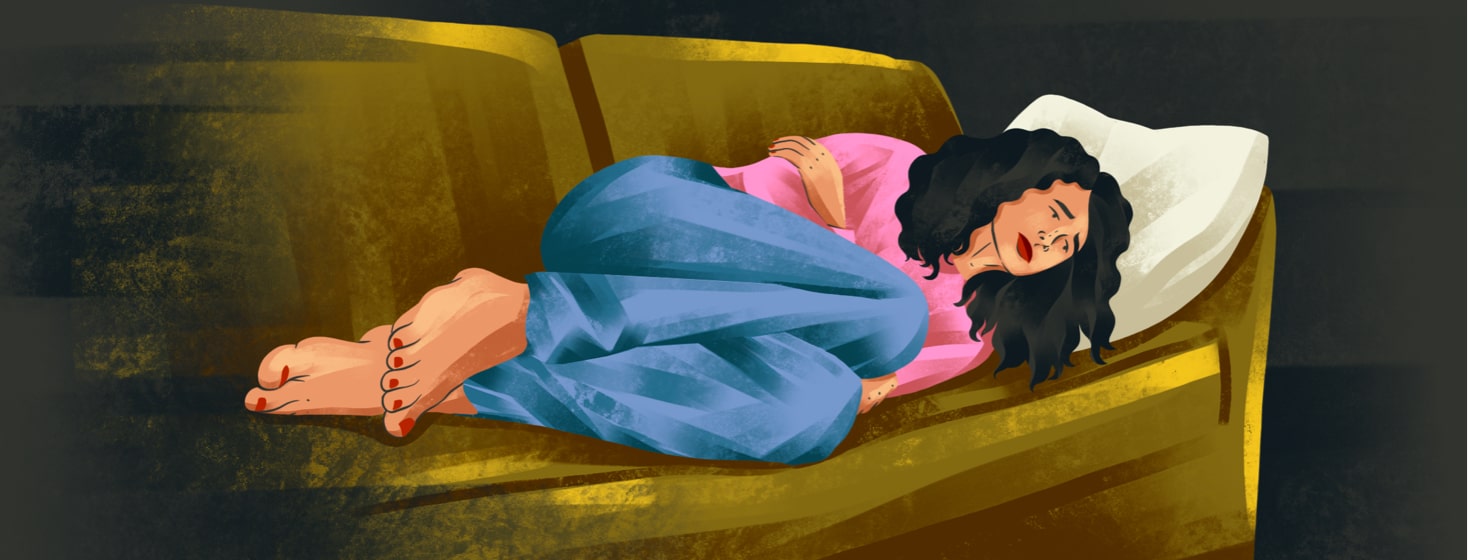Hypothyroidism, Fatigue, and Insomnia
I was getting plenty of sleep by my standards. I was used to functioning on several hours less sleep. Still, I felt tired all the time. I found myself struggling to stay awake during the day. The fatigue was much worse than usual. This went on for a couple of months and I couldn’t figure out why.
I assumed getting a normal amount of sleep was too much sleep for me. It seemed that it was just as bad as getting too little sleep. I thought my body had just gotten used to a certain amount of sleep and getting what is considered normal was too much for me. I was wrong.
Symptoms explained by multiple conditions
After dealing with some pretty annoying symptoms for several months, I decided it was time to see my doctor. I was struggling to stay awake and was dealing with extended bouts of dizziness and nausea. I already have mobility issues, and dizziness certainly didn’t help matters. Nausea combined with my sudden desire to eat all day and night wasn’t a great combination, either.
I had other symptoms as well but I attributed those symptoms to other conditions. I had gained 15 pounds in 6 months. Weight gain happens during perimenopause and menopause. So does dry skin and a few other symptoms. I have IBS-M and assumed the change in bathroom habits was a shift in IBS flare types. Most of my issues could be explained by something else so I ignored it until nausea and dizziness became a major annoyance.
An unexpected hypothyroidism diagnosis
My doctor ran blood tests to check my thyroid levels. I was actually surprised when my TSH levels came back high, indicating hypothyroidism. This explained all my symptoms. While I would be happy to get rid of all these symptoms, I sincerely hope treatment cures dizziness and nausea. Those are the symptoms that made me seek medical care and those are symptoms I certainly won’t miss.
My doctor started me on medication to regulate my thyroid levels. Of course, it does take time to work and may involve some trial and error to get the right dosage. Since most of my symptoms can also be explained by other conditions I am anxious to see what changes occur with treatment.
Will treating hypothyroidism alleviate my symptoms?
I have been on medication for about a week and a half right now and have noticed some improvement in certain areas. Of course, I feel I live in a perpetual state of change with various medical conditions so I cannot be sure this isn’t simply a shift in symptoms as opposed to actual changes due to the medication.
Will my new medication affect my insomnia?
I can say that my dizziness and nausea have yet to disappear. Since that has been the most annoying symptom, I was hoping for a quick resolution. I know the medication takes time to work, and I confess I am impatient. I am so tired of feeling like a drunken slug with fatigue, dizziness, and nausea. Will it affect my insomnia? I'm not sure, and I am hoping it doesn't make things worse.
Playing the waiting game with medication
At this point, all I can do is wait and see what happens. I have very high hopes that things will improve but it is a waiting game. I am not a big fan of waiting but I have no choice. Perhaps in a few weeks I will feel lots better. I sure hope so.
Are you managing a condition in addition to insomnia? Share your experience with the community in this forum.

Join the conversation